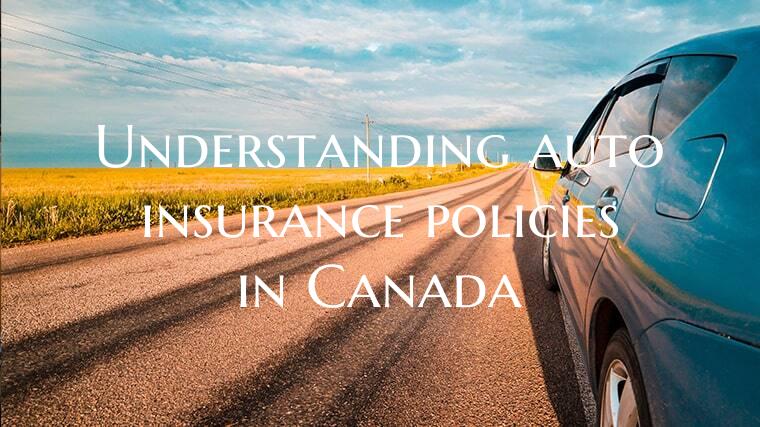Auto insurance is mandatory for all vehicle owners in Canada. Understanding auto insurance policies is essential to ensure you have the right coverage to protect yourself, your passengers, and your assets in case of an accident.
In Canada, auto insurance is regulated at the provincial level, which means that the coverage and regulations can vary depending on where you live. However, there are some common components of auto insurance policies that apply nationwide.
Liability coverage is the most basic type of auto insurance required by law in Canada. It provides coverage for injuries or property damage that you may cause to others in an accident. This coverage is essential to protect you from potential lawsuits and financial burdens.
In addition to liability coverage, you can also opt for collision and comprehensive coverage. Collision coverage will pay for repairs to your vehicle in case of an accident, regardless of who is at fault. Comprehensive coverage, on the other hand, covers damages to your car caused by non-collision events such as theft, vandalism, or natural disasters.
It is important to carefully review and understand your auto insurance policy to know exactly what is covered and what is not. Make sure to ask your insurance provider about any optional coverages or endorsements that you can add to your policy for extra protection.
Factors such as your driving record, the type of vehicle you drive, and where you live can impact your auto insurance premiums. Consider shopping around and comparing quotes from different insurance providers to get the best coverage at a competitive price.
By understanding auto insurance policies in Canada and choosing the right coverage for your needs, you can drive with peace of mind knowing that you are protected in case of an accident.

